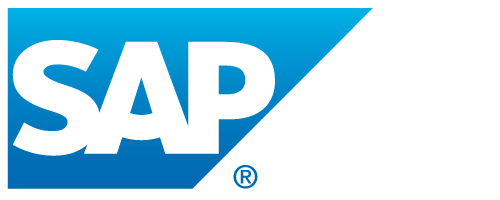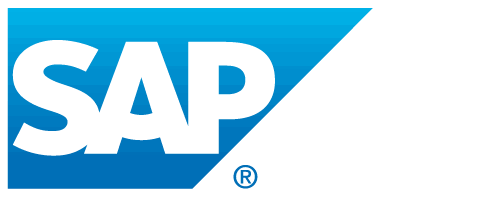I once had the opportunity to go down a mine. My guide, on the way to the coalface, paused and pointed to the ceiling. "That wasn’t there yesterday," he said, as he very calmly pointed to the way it was curving – downwards. To me, it looked positively alarming. "That’s Mother Nature. She’ll always reveal herself," he added, going on to say that this kind of daily change was a constant part of what they had to deal with underground. Nature was never still but continually on the move, and they had to be alert to its every vibration.
For a miner, failing to be alert to those vibrations could lead to catastrophic disaster. It was a lesson that I’ve not forgotten, and one which has a direct link to the subject of this essay: namely that businesses need to have a very firm finger on the pulse of their organisation: that they need to be sensitive to the slightest vibrations around them, and have ways to accurately measure these and assess the potential impacts they might have.
Culture and challenge
In the last article in this series, we looked at the impact of corporate culture. In particular, we looked at the concept of a culture of kindness. This has at its core the idea that we need to help all our people to grow. We need to be there for them, making them feel safe and equipped with the skills and tools they need to rise to the challenges they face, and not feel that they might be destroyed by those challenges. Well, those challenges, like the ones faced by that miner, are constantly changing. That means that organisations which want to sustain their culture need to be able to listen and act on how their employees are feeling.
That means not only having a finger on the pulse, but having a commitment to act on what you are hearing. If culture is everything, then maintaining that culture, in the face of all the challenges that are potentially going to be thrown at it, is essential. So what do you need to do to ensure that you hear those individual voices, interpret them, and make the best decisions which enable you to maintain that culture and continue to enable those individuals to work together to achieve the wider goals of the organisation?
That, as ever, is the tricky bit.
Hearing and acting
From the outset you need to establish just what it is you are setting out to achieve. If you are going to listen and hear what people are saying, you need to ask yourself just what it is you are listening out for? It’s a golden opportunity to hear things which might not surface via any other route, and which are things which really do need to listen out for.
You need to be precise about the questions you need to ask to enable you to hear those responses loud and clear. Timing is essential. What’s been happening in the business recently will clearly have an impact on the level and quality of response. Don’t be tempted to put off a survey because recent financial results have been poor or you’ve had to make some tough decisions. Those are just the times when you might need to really be able to take the pulse of the organisation. Because, above all, listening is one thing; following through with a reaction to what you hear is another. For that reason you also need to be clear about who will receive the data and what you expect them to do with that data. Will they have the empowerment to act upon it? Will that be made clear at the outset to everyone involved?
There is no doubt that technology has the capability to enable us to do all this more swiftly and effectively. AI can clearly play a part in this. It has the capability to both curate and analyse the data at speed. That’s brilliant. But you still need people to assess that analysis and then take the necessary actions.
Your strategy also needs to include social media. As consumers we are very quick these days to use social media to express our views, both positive and negative, on the services we receive, or fail to receive, from the companies we deal with. These days we can be just as quick to voice similar opinions about the organisations we work for. Again, AI can help us sort this data and enable us to identify the changes which are necessary and which will make the most significant difference.
Above all, to maintain our culture we need to be prepared to listen, hear and act on what is being said.
With hope in our hearts
At a fundamental level we all hope for a better future. That progress is possible. We quickly lose faith in that possibility if we fail to see real progress. If I see or hear nothing is changing, then cynicism quickly arrives to stifle any hope at all. But we have to have hope. It’s no surprise that hope was the only thing to remain when the mythical Pandora finally closed her box. But it’s our choice to decide just what we hope for.
Like individuals, organisations want to see positive outcomes. But we can only achieve that positive outcome if we are prepared to listen, hear and act. Change is inevitable. We say that again and again. But like that miner, we have to have the skills and experience to identify the way that change is potentially going to impact us, and adapt our methods of working accordingly. The finger very definitely needs to both find that pulse and interpret what it is telling us. The good news is that we have the technology to do just that.
Michael Esau is global HR advisor for SAP
SAP’s latest survey, 2024 HR Trends: The Year of AI, which looks at a range of business issues including wellbeing, is now available. To download your copy, click here. To find out more about SAP's insights, resources and products, click here.
Our podcasts series, The Human Factor, has been created to discuss tricky but highly relevant topics such as kindness and wellbeing. In the podcast episodes, the host talks to leading experts about the issues and themes that influence people and the world of work, and they share their thoughts about the skills and techniques you need to succeed. The whole catalogue of episodes is available right here.












